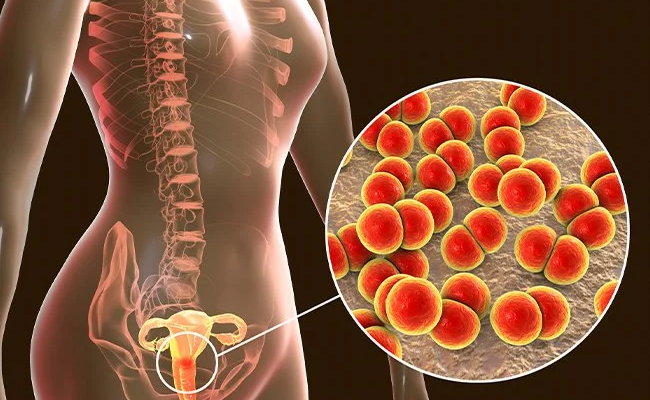
STI is short for sexually transmitted infection, a disease communicated by sexual behaviour such as vaginal intercourse, oral sex, anal sex, and sometimes intimate skin-to-skin contact. It is also known as a sexually transmitted disease. Chlamydia, herpes, gonorrhoea, syphilis, HPV, and HIV are examples of sexually transmitted infections.
How to Tell If You Have an STI
There is no way to tell for certain until you are tested. Many sexually transmitted infections do not manifest themselves with evident symptoms. Being sexually active can entail vaginal sex, anal sex, and/or oral sex, among other things.
When physicians or nurses ask this question, they ask if you have done anything since your previous check-up that may have exposed you to an STI or caused you to get pregnant.
STI testing should be included in your routine physical examination. However, if you have any reason to believe that you may have been exposed to an STI, you should consult a doctor and request to get tested.
Signs and Symptoms of an STI
Many sexually transmitted infections may have no signs or symptoms at all, or they may be so subtle that you may not detect them. However, if you experience any of the symptoms listed below, you should seek medical attention right once since they might indicate that you have a sexually transmitted disease.
- Discharge or odd fluid that may be white or yellow that originates from the vaginal or penile area
- A rash that hasn’t been explained
- A burning feeling when going to the bathroom
- Warts, blisters, sores, or bumps in the entire genital area
How to Avoid Getting an STI
It is possible to lower your risks of contracting an STI by taking a variety of precautions. Here is a quick look at some of the precautions that you can take to prevent getting one.
Have intercourse with only one other person who you can put your confidence in. Having sexual contact solely with people who are not infected implies that you will not get an STI from them, and they will not contract one from you as well.
Make use of condoms. Latex or polyurethane condoms, when used appropriately every time you have sex, can provide excellent protection against a range of sexually transmitted infections.
Reduce the number of your companions. The higher the number of persons with whom you have sexual contact, the greater your risk of contracting an STI. If you get a new partner, go with them to a sexual health clinic in Brisbane to get tested.
Don’t combine drugs and alcohol with sexual activity. It is possible to become intoxicated or high and lose the capacity to make sound sex judgments. Don’t use IV street drugs, and don’t share needles with anybody else.










